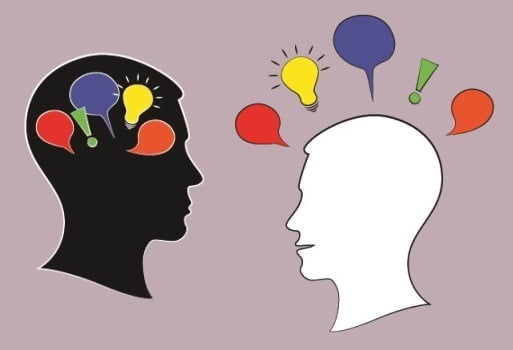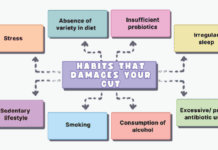EVER wonder why some of us love hanging out with people while some of us get bored easily and would prefer staying in? Yes, introversion and extroversion. But how do their brains differ?
There are three main chemicals namely dopamine, adrenaline, and acetylcholine which control these traits. Dopamine rewards us with feelings of happiness when we engage in certain behaviors.
These pleasurable effects reinforce and motivate us to repeat behaviors that stimulated the release of dopamine. Now, if we throw adrenaline into the mix, which is sparked by things such as risk taking, novelty, and physical and environmental stimulation, even more dopamine is released!
Herein lays our first difference between extroverted and introverted brain. It turns out that extroverts have more dopamine receptors in their brains than introverts do! This finding means that extroverts need more dopamine than introverts do to feel happy because they are less sensitive to it.
Much like dopamine, acetylcholine is also linked to pleasure, but its effects are much more subtle. Acetylcholine makes us feel relaxed, alert, and content. It also fuels our ability to think deeply, reflect, and focus for long periods of time on one thing.
Activities that are low-key, calming, and mentally engaging activate the release of acetylcholine. For extroverts, the pleasurable effects of acetylcholine pales in comparison to the jolt of happiness they experience from dopamine.
However, introverts crave acetylcholine. So, while extroverts are out enjoying the benefits of extra dopamine effects, introverts are happily lounging at home with a book and a pleasant dose of acetylcholine.

















